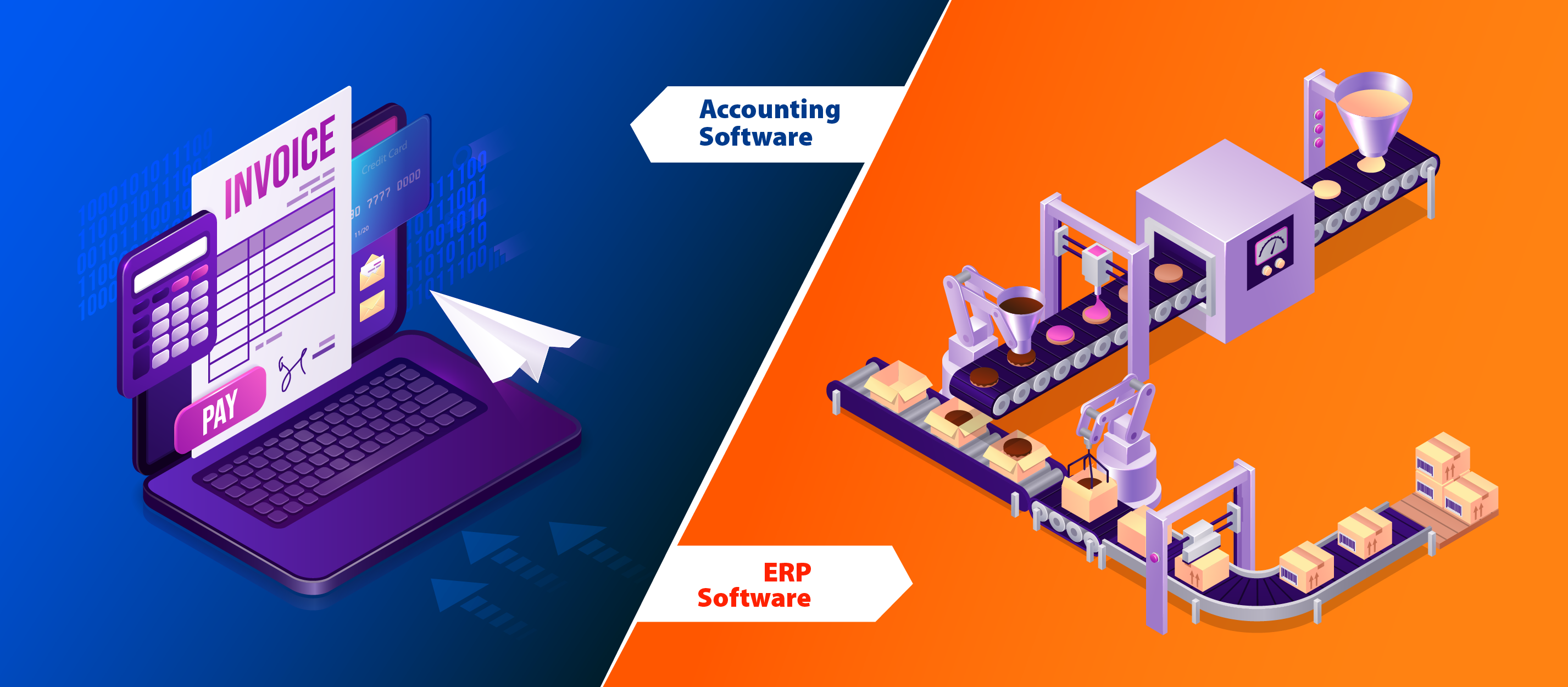In due course, more and more companies — both small and large — are moving many of their core business functions to cloud ERP for a simple reason: they see it as the best way of saving costs. While functions such as email, office productivity, CRM, project management and payroll are being moved to cloud by most of those companies, there is still a reluctance to move the manufacturing, distribution and financial information to the cloud owing to the security reasons. But on the whole, the shift to cloud ERP is on the rise.
However, the shift from on-premise to cloud ERP is not an easy one. This transition demands strategic planning, careful precision and sound analysis. It is thus imperative for every business — that aspires to move to cloud ERP — to find answers to six questions regarding this big switch. Take a look at those questions here:
- How secure is your data and who all have access to it? With on-premise ERP, you control who has access to your server. However, in the case of cloud ERP, you completely rely on the cloud provider’s security. In such scenario, there are a few valid questions that arise. Is your data safe? Who has access to your critical data, including trade secrets? Will the provider ever share your data with any third party? Before making the switch, you must test your provider on different data-security parameters and/or seek a report covering every aspect of data and its security, including faults, a disaster that might happen, and even about its ownership. You may ask the vendor if it will let you back-up your data on your servers or not. If there are hidden charges involved in data transfer, it can affect your ROI later.
- Is it actually a web-based solution? Cloud-based systems are about the convenience and accessibility. However, some cloud vendors need their users to install VPN software, which reduces the solution’s capability to get access from anywhere and from any device. Ideally, being the fully web-based system, it should be accessible from anywhere and no additional software or hardware must be required. So before making the move, you may want to check with your vendor whether it is fully web-based or not.
- Does switching to Cloud ERP actually save money in the long run? Organizations generally see the move to Cloud ERP as a way to save money. But is it really so? After switching to the cloud, you need to pay a monthly fee which is subject to change as per your usage. Any changes to it may burn a hole in your pocket. It is thus wise to figure out beforehand whether moving to the cloud is cheaper than owning and supporting your own servers or not. Instead of assuming, you may want to ask this question to the pertinent authorities.
- Are you sure of vendor’s reliability? This is again an important question to raise. Like any other major business decision, you must execute in-depth analysis before shortlisting a Cloud ERP vendor. Look out for a vendor with a strong track record of good service, including both technical and customer. You must also check its background, how strong is the vendor financially, what happens if it gets acquired by a third company, etc. Do complete online research. Approach existing customers as their voice matters!
- Is the solution Sarbanes-Oxley (SOX) compliant? SOX compliant vendors are capable enough to prove how they protect, access, recover and validate your stored data. They document everything to meet the guidelines of keeping your data safe against the risk of fraud, information breaches, and data errors. They have proven uptime, personal support and security that meets the strict requirements of SOX. So, wouldn’t you feel more assured going with a cloud ERP vendor who is SOX compliant?
- What’s the ‘Plan B’? This is perhaps the most important question of them all. This is one question you must definitely ask yourselves: What if things go wrong? What’s the Plan B? You must know that if things go wrong and if you need to move your data back in-house or to another cloud hosting provider, how easy or difficult is it going to be? Will your vendor allow you to build your applications on architecture that lets you move and deploy them as per your convenience?
Conclusion: Stop making choices out of fear. But don’t be afraid to ask questions in order to make a correct choice. Ask questions, both internally and externally. Don’t pick any Cloud ERP vendor who locks your business in. Instead, pick the vendor that helps you improve your cash-flow, grants you mobile access to your data, gives your business greater scalability, involves no hidden costs and most importantly, helps you build on the profits.
If you are planning a move to Cloud ERP, you may want to check out BatchMaster ERP on cloud, precisely the cloud solution your business needs.





















